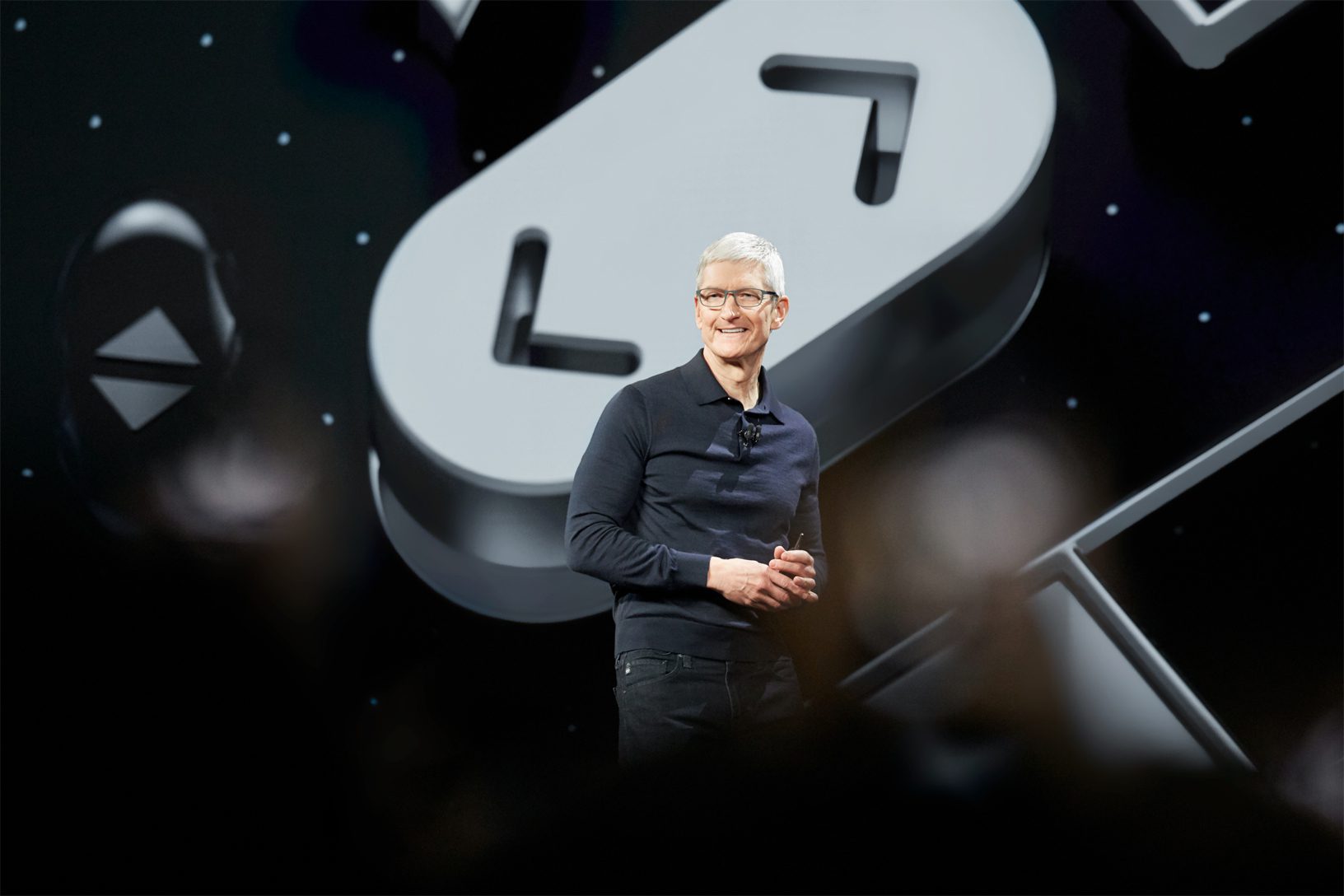At Apple’s Worldwide Developers Conference (WWDC), Apple showcased a new and improved Siri voice assistant, which was a must-do for a company that pioneered voice only to fall behind competitors such as Amazon and Google.
As we have discussed on our blog, voice is without question an important wave of innovation fueling how businesses interact with their customers. In her widely read Internet Trends report, Kleiner Perkins Venture Capitalist Mary Meeker said, “With voice, we’ve hit technology liftoff with word accuracy, and we’ve certainly hit product liftoff with Amazon Echo’s install base estimated to be around 30 million plus.”
Indeed, adoption of smart speakers alone has skyrocketed in the United States. According to NPR/Edison Research findings, 39 million Americans owned smart speakers in January 2018, an increase of 128 percent from January 2017. Businesses such as Jim Beam are literally figuring out their brand voices through voice assistants. Jim Beam, for instance, offers a playful bourbon container that relies on a voice assistant.
Apple knows voice is the future, but the company has struggled to shape that future. Its Siri voice assistant is widely viewed as a weak alternative to Amazon’s Alexa and Google Assistant, and the HomePod smart speaker didn’t launch until 2018 (to tepid reviews). At WWDC, Apple did not unveil any dramatic breakthroughs in voice, but it did showcase some tangible improvements to Siri.
First off, Apple has made Siri more efficient by incorporating short-cut commands through an app known literally as Shortcuts. With Shortcuts, users can rely on commonly used commands that Siri learns to act on. The idea is to make Siri more convenient. As Mark Vena of Moor Insights & Strategy noted, “Shortcuts could also be used to help proactively plan for your day. For example, if you were about to go to the beach, Siri might suggest that you check the weather and remember to bring a beach towel with you.”
But as Vena also wrote, Amazon and Google have already developed a short-cut capability in their own voice assistants. The more interesting development from WWDC is how Apple is making Siri smarter. The voice assistant can actually learn from the way you use Siri to suggest to you activities based on your habits. For instance, Siri might suggest to a cup of coffee at a time of day when the user often seeks coffee. But here again, Apple is achieving status quo instead of leading. As Kevin C. Tofel wrote on Stacey on IoT, “If you open the same exercise tracking app at roughly the same time and location — say at the gym at 5pm — Siri will eventually pop up a suggestion to open the app at the same time and place for you. This is similar to Google Assistant, which I love, but it’s just Siri starting to catch up since Google’s product has done this for nearly five years now. In fact, I get my contextual alerts on the Apple Watch from the Google Assistant app today, although I’ll test Siri in this capacity once watchOS 5 arrives.”
Amazon is leading the marketplace for voice-based products and experiences and possesses a formidable platform with which to integrate voice to search, discover, and buy. Google and Microsoft are strong challengers. Apple is still catching up. But don’t count out Apple. The company has the money, talent, and patience to get where it needs to be.
